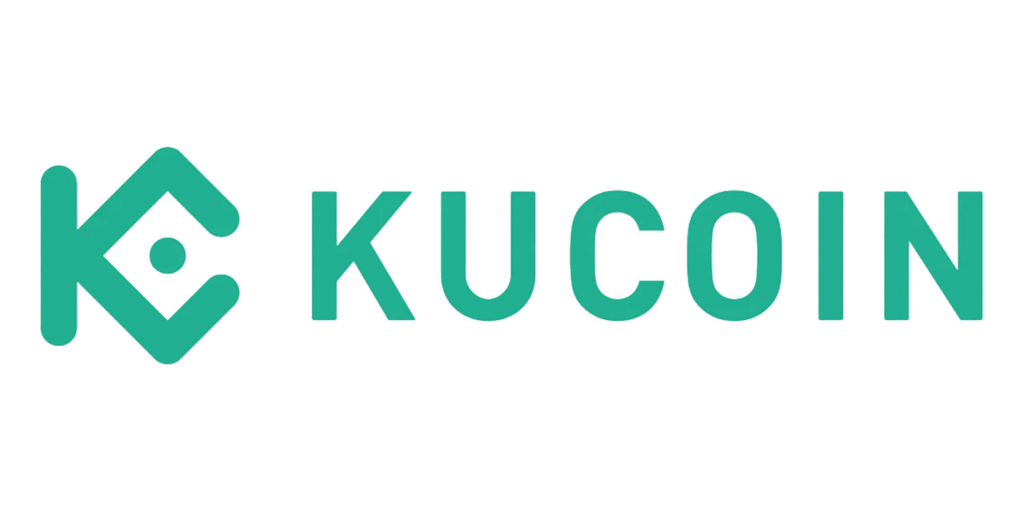Summary
Cryptocurrency trading is legal in Jordan, though under strict regulatory oversight by the Central Bank of Jordan (CBJ). The Jordanian Dinar (JOD) is supported by select crypto exchanges, with bank transfers and credit cards being the primary payment methods. The best crypto exchanges in Jordan provide essential trading services while adhering to local regulations. Here are the best crypto exchanges in Jordan:
Best Crypto Exchanges in Jordan
For Jordanian investors seeking to enter the cryptocurrency market, selecting the right exchange is crucial. The local market supports various payment methods, with direct bank transfers and credit card payments being the most widely used options for JOD transactions.
1. Binance
2. Rain
3. BitOasis
4. Kraken
5. KuCoin
Is Crypto Legal and Regulated in Jordan?
Cryptocurrency trading operates within a specific legal framework in Jordan. The Central Bank of Jordan (CBJ) maintains oversight of digital asset activities, though it has issued warnings about cryptocurrency risks. In 2014, the CBJ prohibited banks from dealing directly with cryptocurrencies, but trading between individuals remains legal.
The Securities Commission of Jordan maintains oversight of financial markets but hasn’t established specific cryptocurrency regulations. Licensed money exchangers and financial institutions must follow strict Anti-Money Laundering (AML) and Know Your Customer (KYC) protocols when handling any financial transactions, including those potentially related to cryptocurrency.
In recent developments, the Jordan Securities Commission (JSC) has started monitoring cryptocurrency activities more closely. While there’s no licensing framework for cryptocurrency exchanges, the JSC requires financial service providers to implement robust compliance programs. The regulatory landscape continues to evolve, with authorities focusing on preventing financial crimes while acknowledging the growing interest in digital assets among Jordanian investors.
Is Crypto Taxable in Jordan?
The Jordanian Income Tax Department has not issued specific guidelines for cryptocurrency taxation. However, profits from cryptocurrency trading may fall under capital gains or income tax regulations, depending on the nature and frequency of transactions. The standard income tax rates in Jordan range from 5% to 30% for individuals.
For frequent traders, cryptocurrency profits might be classified as business income, subject to progressive tax rates. Occasional traders might fall under capital gains taxation. The lack of clear cryptocurrency tax guidelines creates uncertainty, but general taxation principles apply to crypto-related income.
Key tax considerations for Jordanian crypto investors include:
- Trading profits may be subject to income tax rates between 5% and 30%
- Mining income could be classified as self-employment income
- Crypto-to-crypto transactions might trigger taxable events
- International exchange usage may require additional reporting
Disclaimer:
Tax laws are subject to change, and individual circumstances may vary. It is strongly advised to consult with a qualified tax professional or financial advisor for personalized guidance on cryptocurrency taxation in Jordan.
How to Buy Crypto in Jordan
Purchasing cryptocurrency in Jordan requires following specific steps to ensure compliance with local regulations. Binance provides a reliable platform for Jordanian residents to begin their cryptocurrency investment journey.
- Choose a Crypto Exchange: Ensure the platform accepts JOD and complies with local regulations.
- Register an Account: Provide identification documents for KYC verification.
- Deposit Funds: Use bank transfers or credit cards to add JOD to your account.
- Select Cryptocurrencies: Pick from well-known options such as Bitcoin, Ethereum, or USDT.
- Execute Trades: Execute market or limit orders according to your trading strategy.
- Ensure Security: Move your assets to a personal wallet for added protection.
Best Crypto Wallets in Jordan
Ensuring secure storage is crucial for cryptocurrency investors in Jordan. Hardware wallets offer the highest level of security for long-term storage, while software wallets provide ease of use for everyday transactions.
Hardware Wallets: Perfect for securely storing assets over the long term due to their high level of protection.
- Ledger: Produces the Nano S Plus and Nano X devices, supporting over 5,500 cryptocurrencies, offering offline storage with secure chip technology and backup recovery options. The Nano X also includes Bluetooth connectivity for mobile management.
- Trezor: Offers the Model One and Model T hardware wallets, compatible with more than 1,800 digital assets. The Model T features a touchscreen interface and advanced security protocols, including password management capabilities.
Mobile Wallets: Excellent for frequent transactions and effortless access.
- Trust Wallet: The ideal mobile solution with Arabic language support, a built-in DApp browser, and compatibility with multiple blockchain networks. This wallet allows for direct cryptocurrency purchases and includes staking options for proof-of-stake assets.
- Exodus: Offers a comprehensive desktop experience with built-in exchange features, supporting over 250 cryptocurrencies, detailed portfolio tracking, 24/7 customer support, and smooth integration with Trezor hardware wallets.
Desktop Wallets: Ideal for managing smaller sums and engaging in regular trading.
- MetaMask: Serves as the primary gateway for interactions with Ethereum and EVM-compatible blockchains, allowing access to decentralized exchanges, NFT marketplaces, and DeFi protocols, supporting custom RPC networks and token imports.
Security Considerations:
For optimal security in Jordan, implement a multi-wallet strategy: utilize hardware wallets for long-term storage, mobile wallets for daily transactions, and specialized wallets like MetaMask for DeFi participation. Enable two-factor authentication when available and maintain secure backups of recovery phrases in offline locations.
Bottom Line
For Jordanian investors seeking the best crypto exchanges in Jordan, Binance stands out with its extensive feature set and reliable JOD support. Rain provides a strong regional alternative with dedicated local banking integration and excellent customer service. When selecting an exchange, consider factors such as payment methods, trading fees, and security features. Remember to always transfer significant holdings to a secure wallet and stay informed about local regulations and tax implications.








